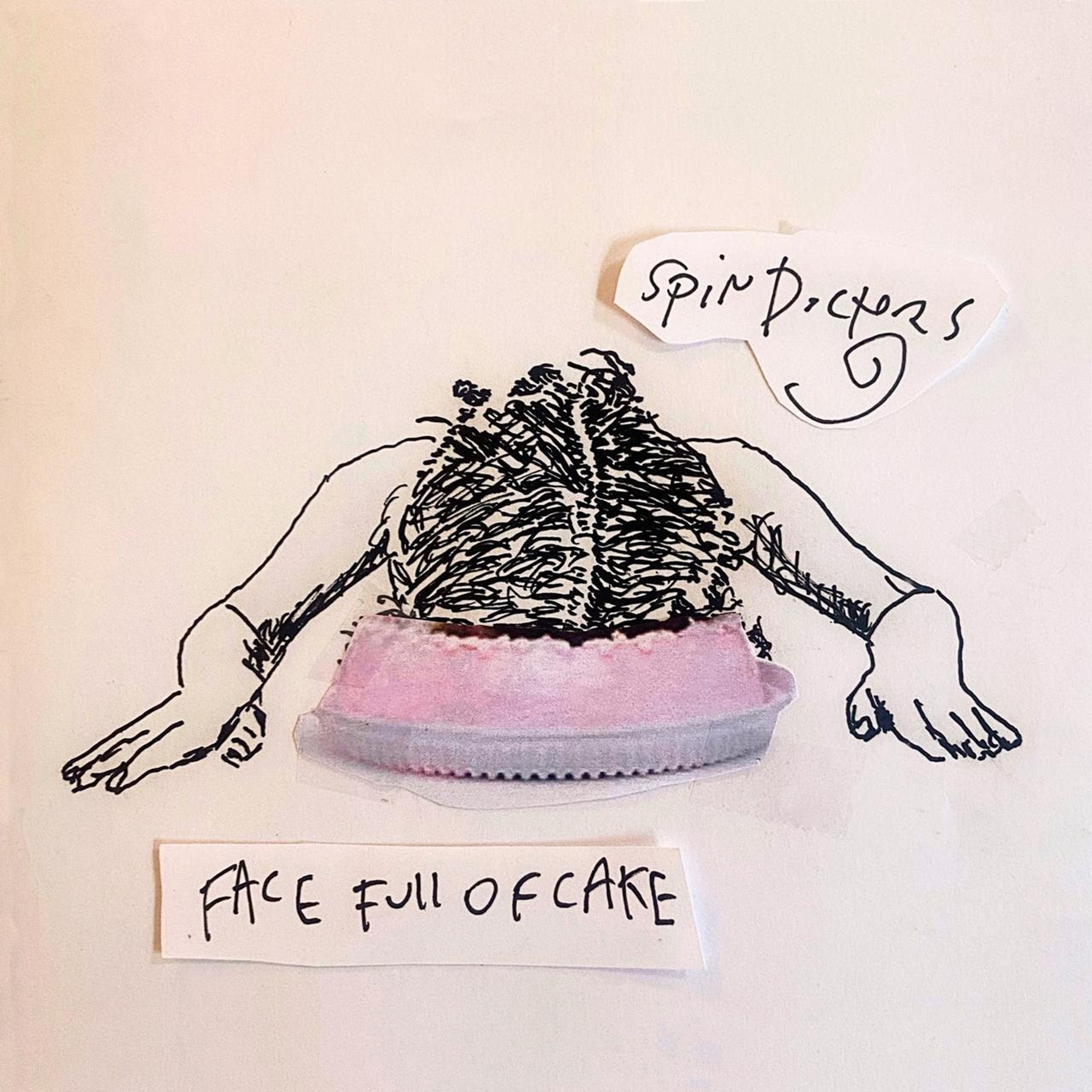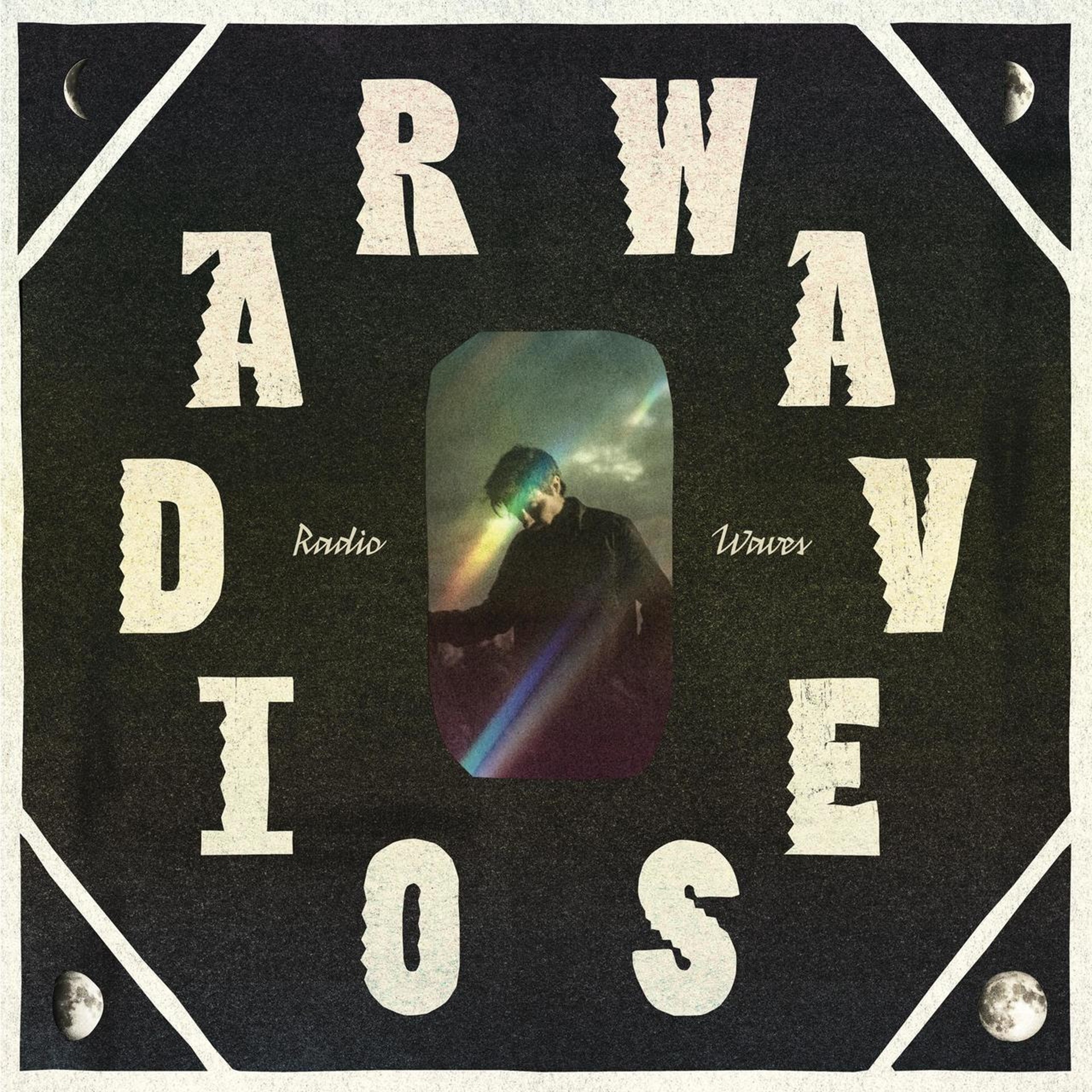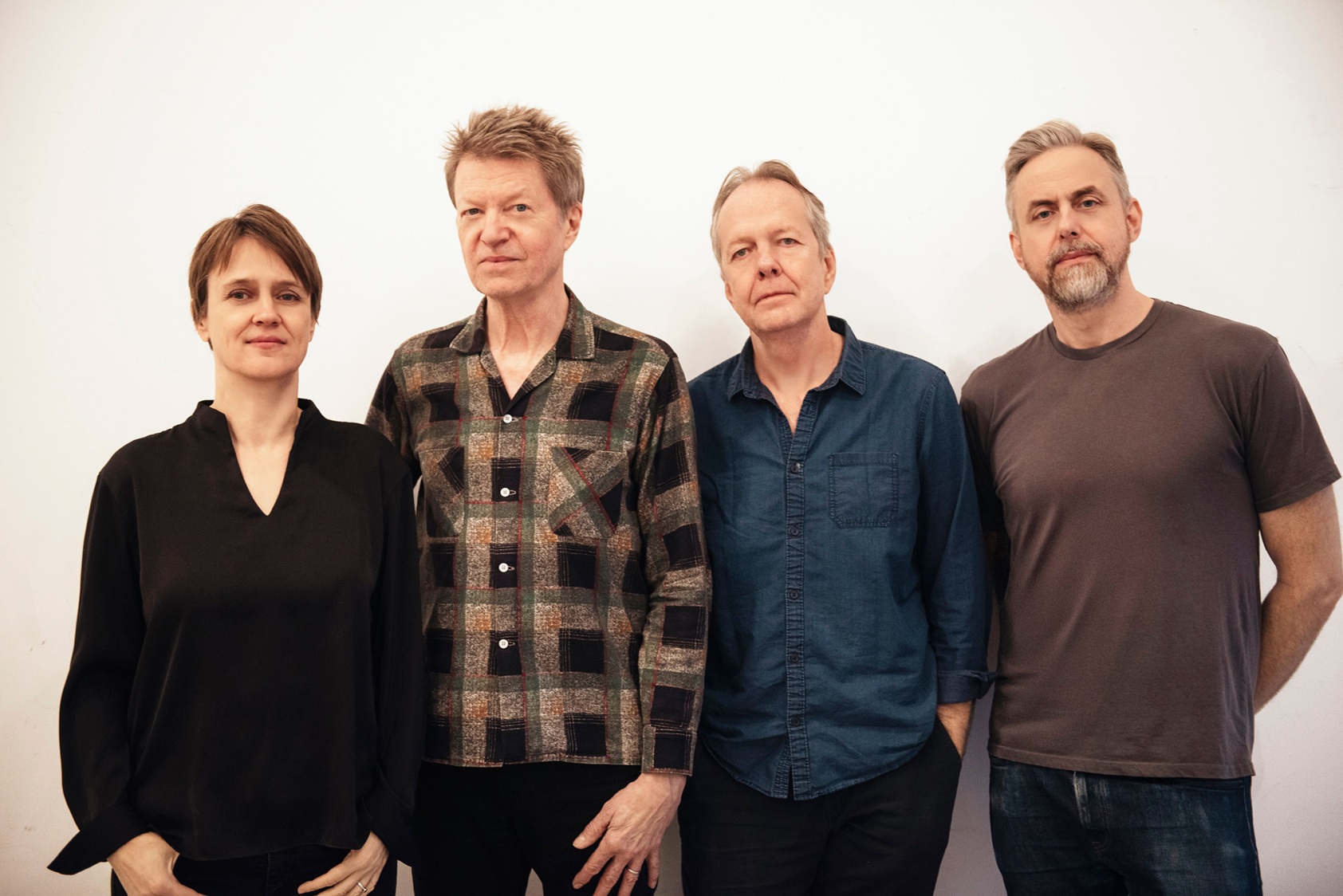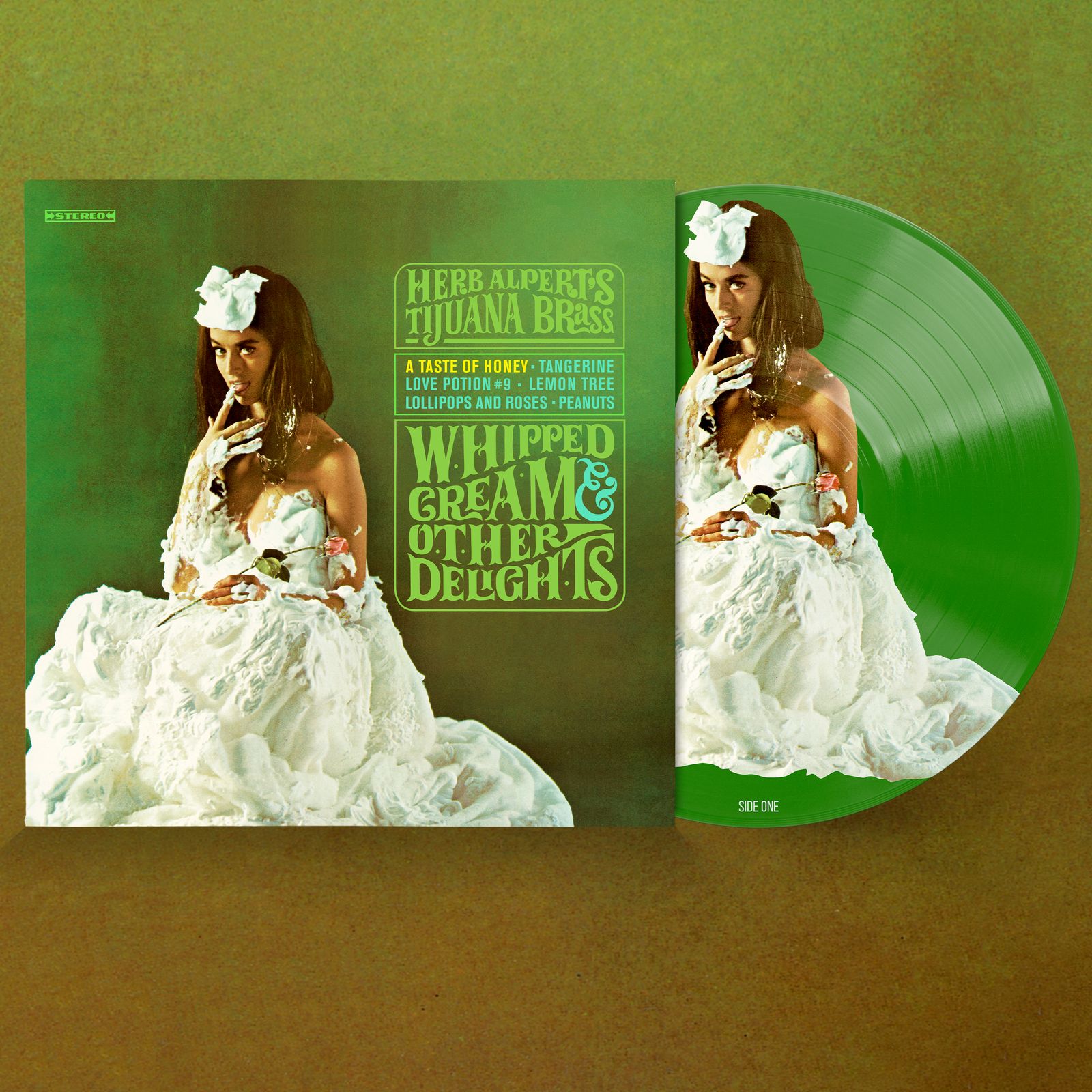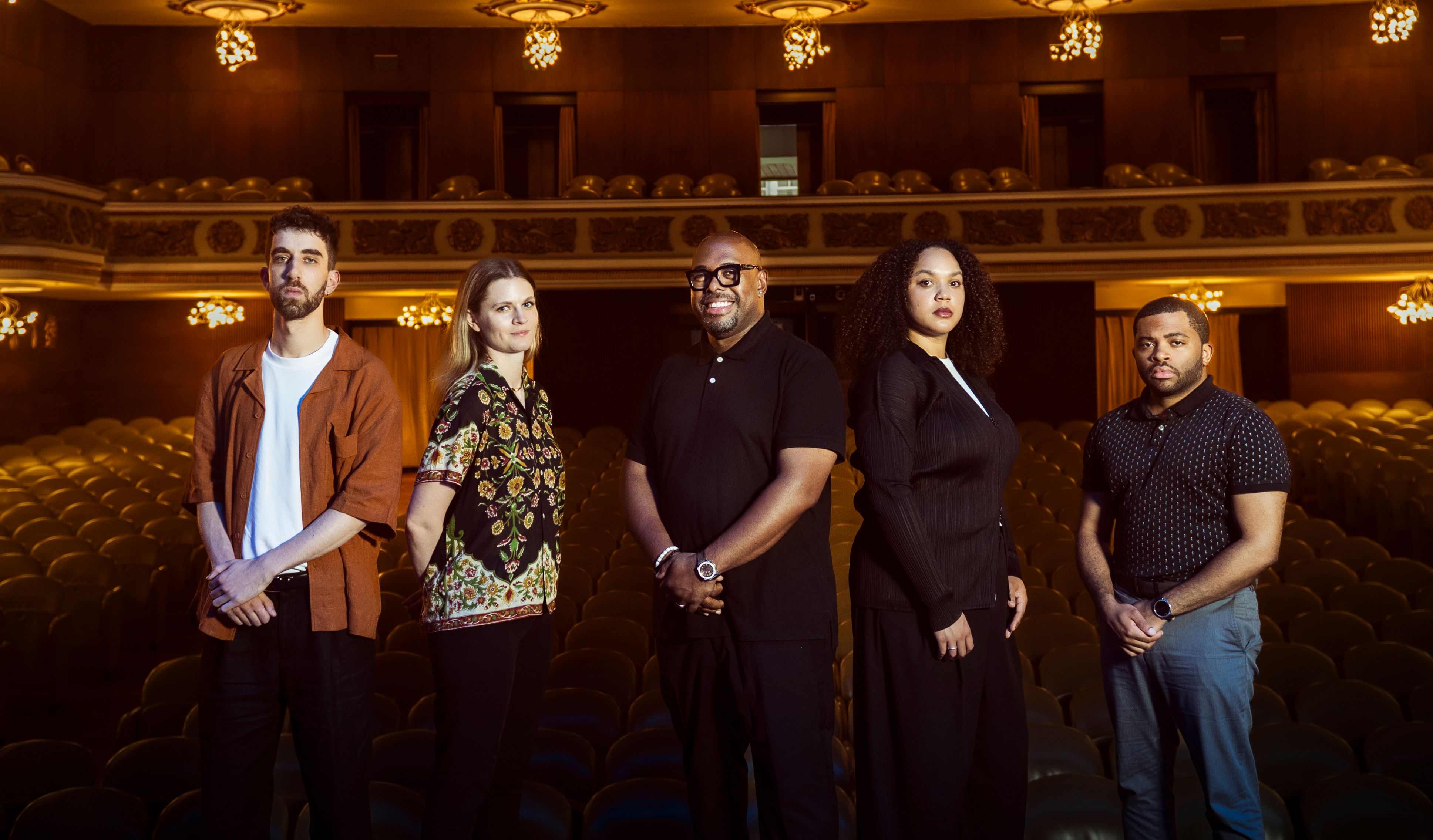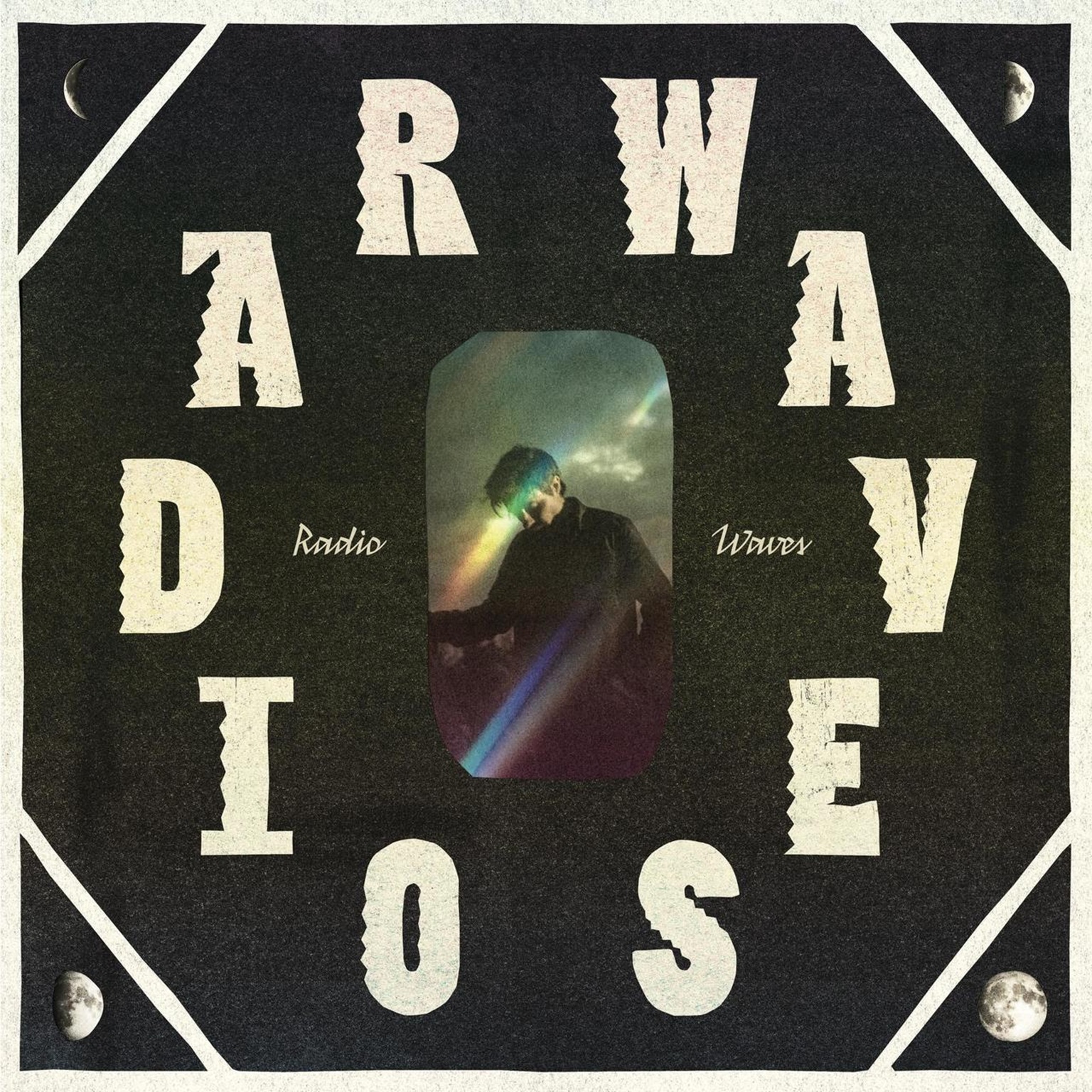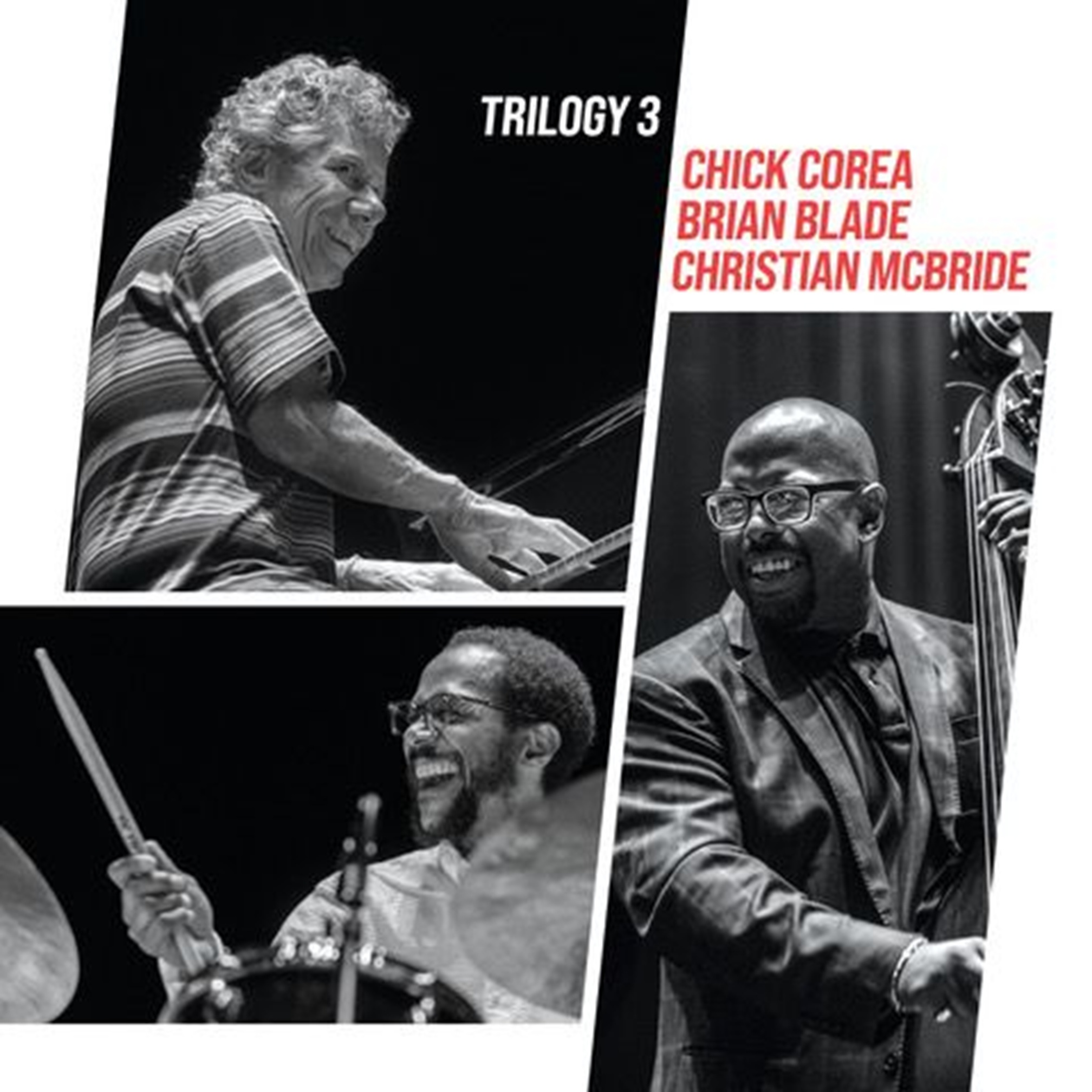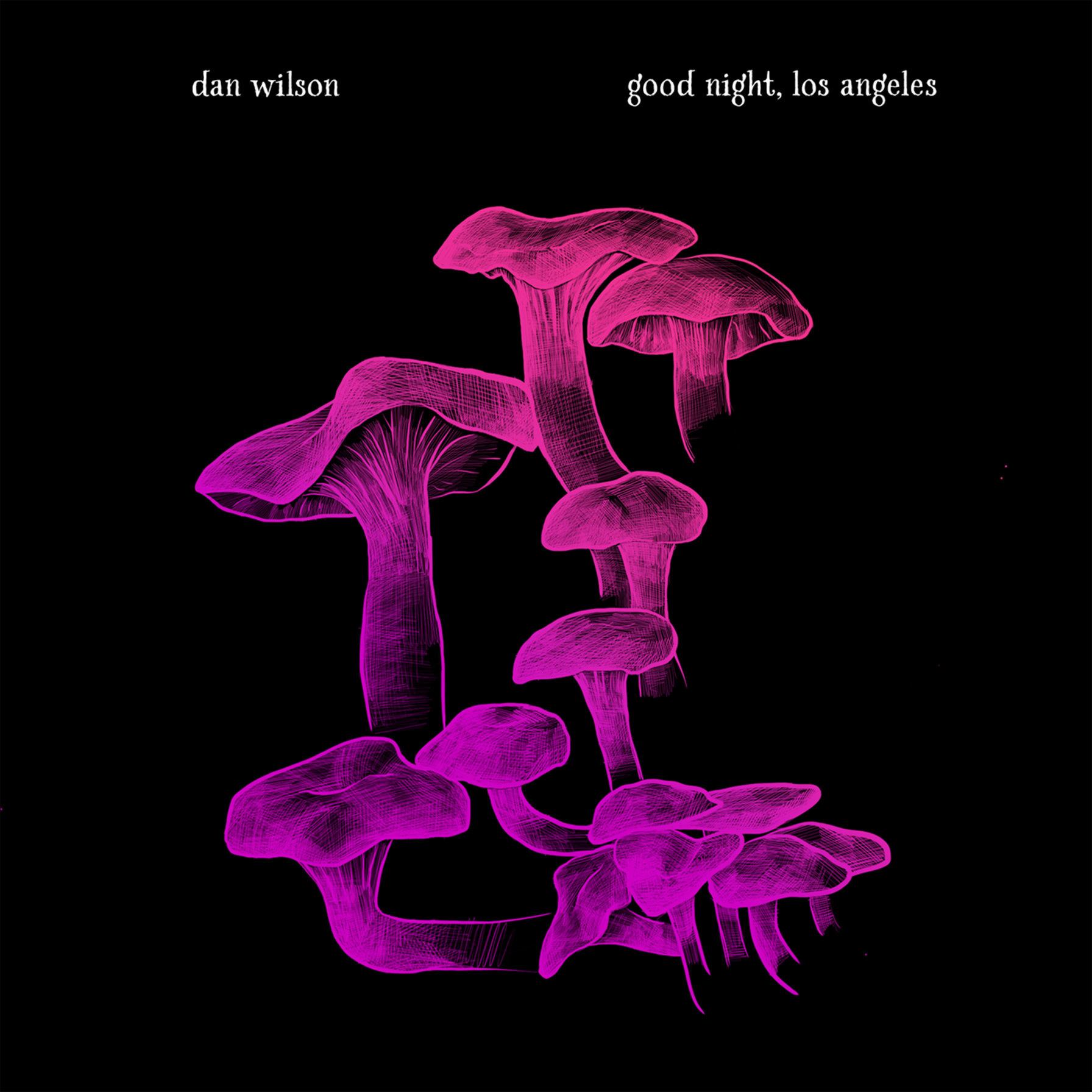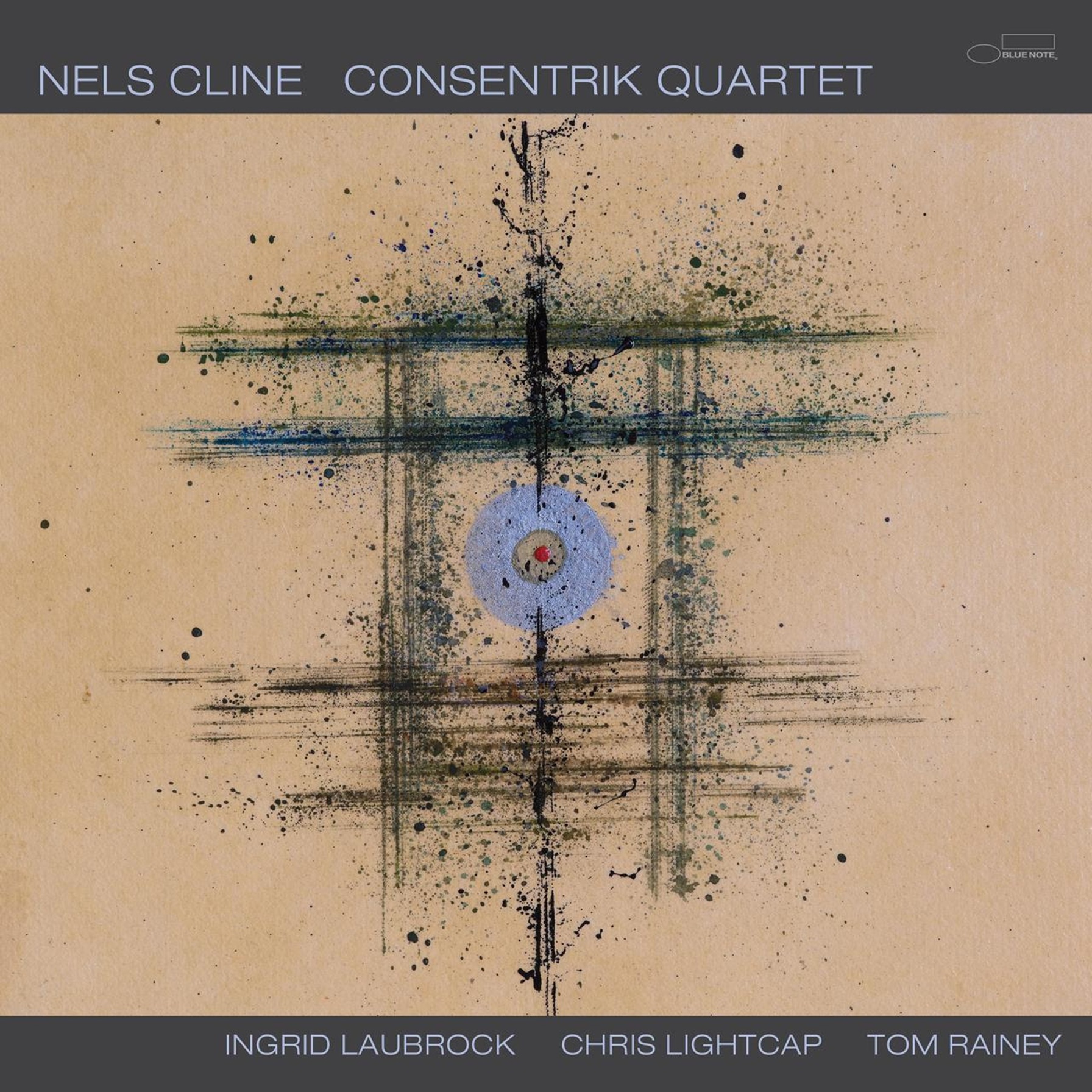San Francisco-based musician, producer, and conceptual artist Bill Baird has shared a new track, "Walking In A Straight Line." The song is currently streaming via Brightest Young Things. Describing the creative process behind the track, Baird writes that it initially "sounded like a robotic square dance." He elaborates, "Then I pulled out the trusty 1950’s Gibson Lap Steel and, remembering some quote from Jimi Hendrix about doing 24 tracks of guitar, tried to create a weave of interlocking parts that each reinforce each other. It was all really quick and intuitive. I played it for some friends and they were like, 'What the hell is this?' but with a smile on their face. So it felt like I’d caught something."
"Walking In A Straight Line" is featured on Baird's forthcoming album Baby Blue Abyss, which will be released in tandem with Easy Machines through Red Essential on July 28th. Very much ‘companion pieces’, each album was written and recorded with a certain time of day in mind – the more acoustic and folk-influenced Easy Machines representing "morning" and the distorted eclectic rock of Baby Blue Abyss reflecting the "evening".
Baird recently released a music video for the track "Muzak of the Spheres" from Baby Blue Abyss. The video is currently available to stream on Stereogum. Remarking on the video Baird writes, "The video was directed by my friend Elizabeth Abrams, shot by my friend Matthew Nauser and edited by Ted Feldman. I provide the costumes and the stumbling around. We shot over two days in the Dumont Dunes, this insane Bureau of Land Management site near Death Valley. The wind whips so fast through the dunes that they sing and hold notes. No, seriously. They’re called singing dunes and they really do sound like singing. I tried singing out there but got a mouth full of sand."
Describing the two albums, Baird says "Even though the records sound and feel pretty different, to me they are two different expressions of the same thing. Simply, just reflecting the world as I see it, in all its absurdity, joy, sadness, complexity, profundity, and inane dull madness. The two records approach this in fundamentally different ways. Easy Machines is an 'internal' record -- explores this through the inner working of my mind. Finding my place where I can be comfortable with myself. Baby Blue Abyss is an 'external' record. Searching for my place in this fucking crazy world. Sifting through the commercialism, bourgeois mediocrity, conformity in all shapes and sizes (even among the rebels), the madness of war and the inanity of office drudgery. All punctuated and subsumed by one of life's simple joys: loud rock n' roll."
A restless polymath, Baird has also created numerous multimedia art installations, taught at the Esalen Institute in Big Sur, invented a new musical instrument (the magnetetractys), hosted his own public access TV show, and collaborated on the film The Origin Of Sound, shot in India over five weeks which explores his love of the Hindustani drone music of north India. He’s created several installations melding music and art, such as the 16-channel-touch-screen-video project “Pray for Rain” or the science-fiction-come-to-life monstrosity of “It’s Not a Bubble”, in which he rigged a giant mylar balloon with a conductive surface that activated a surround speaker system and projectors when touched.
The last year has now seen Baird release no less than four albums. Earth Into Aether, released in April of last year, was a freewheeling two-disc, nineteen-track work which drew comparisons to Devendra Banhart, Beck, Bright Eyes and Sufjan Stevens. Summer Is Gone was a project of epic scale released in October; an online "album" of almost infinite variation which consisted of 250 unique mixes of the ten tracks that span the record, which Baird spent countless hours to produce. These mixes were then reassembled into unique sequences every hour to create an album on which the first iteration will not repeat itself before 1.3 Billion years (give or take a couple of million).







